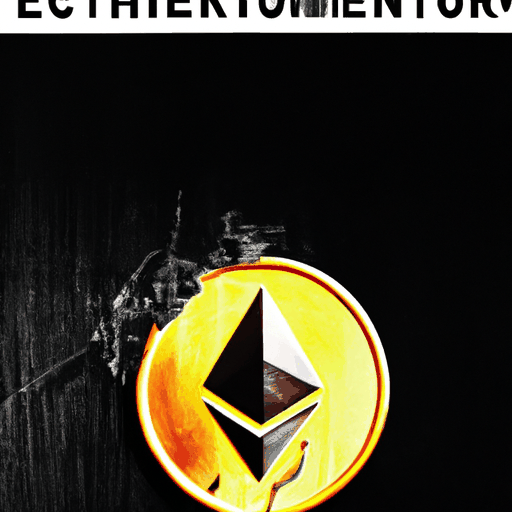
SEC Commissioner Advocates for Custom Forms to Handle Digital Assets
By: Isha Das
The U.S. Securities and Exchange Commission (SEC) Commissioner Mark T. Uyeda has recently expressed the necessity for the agency to innovate its regulatory tools to better manage the unique nature of digital asset securities. In a speech delivered at the Korea Blockchain Week 2024 on September 3, Uyeda highlighted the benefits of creating specialized S-1 registration forms for digital assets.
The S-1 form is a crucial document required by the SEC for U.S. issuers planning to offer new securities to the public. These forms traditionally include in-depth financial disclosures like income statements and cash flow records, thereby ensuring transparency for potential investors. However, Uyeda pointed out that the existing S-1 forms might not address the particular complexities associated with digital asset securities, necessitating specialized versions of these registration forms to capture their unique essence.
Uyeda cited historical instances where the SEC has collaborated with sponsors to create custom registration requirements when standard forms were deemed inadequate for other financial products. He emphasized that a similar approach should be applied to digital asset securities, which often do not align precisely with current regulatory categories. This adaptation would alleviate undue burdens on sponsors, who under the current system may be forced to provide disclosures that are either irrelevant or impractical.
Furthermore, Uyeda touched upon the broader issue of regulatory clarity within the digital asset industry. He noted ongoing legal disputes involving major industry players like Ripple and Coinbase, both of which have argued that the SEC's ambiguous stance on what constitutes a security in the digital asset realm leads to unnecessary uncertainty and legal challenges. These firms have called for more transparent, consistent, and predictable regulatory guidelines to foster innovation while ensuring investor protection.
Despite the growing importance of digital assets, Uyeda criticized the current SEC administration under Chair Gary Gensler for not prioritizing this issue. He advised that the SEC should consider enacting new rules or even legislative measures to provide more precise guidelines for digital assets. Uyeda also stressed the importance of considering international regulatory approaches, especially from regions like the European Union, South Korea, and Japan, when framing future regulations.
As the industry awaits more decisive action from the SEC, Uyeda's advocacy for customized S-1 forms signals a step towards addressing the evolving needs of the digital asset market. His calls for a dynamic regulatory framework highlight a critical shift towards more inclusive and adaptable oversight, aiming to ensure the SEC remains responsive to the innovations within the financial sector.



